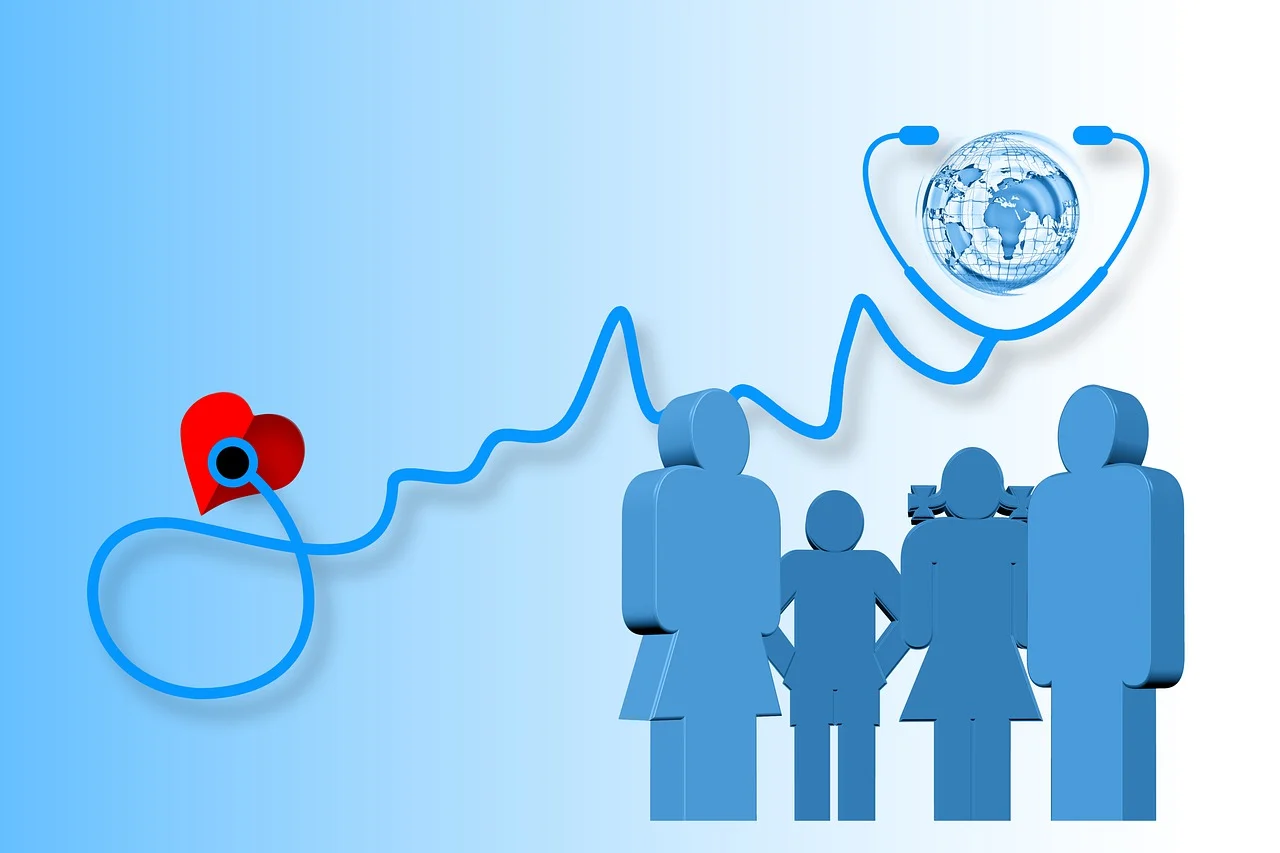4 minute read
Healthcare communication, always evolving, has reached new heights in 2024. Cutting-edge technologies now transform how medical professionals interact with patients and colleagues. Among these advancements, secure SMS solutions stand out for their compliance with HIPAA regulations.
Texting within medical practices is vital to modern patient care. Yet, safety remains paramount. Solutions like encrypted SMS offer the perfect blend of convenience and security. These tools not only enhance communication but also ensure patient information stays protected.
1. Encrypted SMS Solutions: Enhancing Communication Safety
As healthcare practices prioritize confidentiality, the importance of secure text messaging cannot be overstated. In a B2B setting, the deployment of encrypted SMS solutions is crucial for keeping interactions between healthcare providers and patients confidential and in line with HIPAA guidelines.
The role of secure text messaging for healthcare extends beyond mere convenience to become a cornerstone of trust and privacy protection. Technologies like those developed by Updox present an efficient method to bolster patient care, ensuring rapid and dependable communication that meets rigorous standards for data security.
These solutions streamline workflows, reduce administrative burdens (improving efficiency), and ultimately contribute to better patient outcomes. The future of healthcare communication relies heavily on the adoption of these advanced secure messaging systems.
2. Advanced Telemedicine Platforms
As we navigate through 2024, telemedicine platforms have evolved from mere alternatives to foundational pillars in healthcare delivery. These platforms, leveraging cutting-edge technology, now offer a suite of services previously unimaginable outside the confines of physical clinics.
From virtual consultations that erase geographical barriers to AI-enhanced diagnostics providing quicker, more accurate assessments, the landscape has transformed.
Consider this: Patients in remote areas are no longer disenfranchised by their locale but have quality medical advice at their fingertips. Leaders like Teladoc Health and Amwell are not just participants but architects of this new era, ensuring healthcare is not only accessible but also adaptable to the needs and rhythms of modern life.
3. AI-driven Patient Monitoring Systems
AI-driven patient monitoring systems have become the linchpin of healthcare innovation. Far beyond hospital settings, these advanced technologies now seamlessly integrate into daily living spaces, ushering in an era where health monitoring is continuous and ubiquitous.
Envision wearable gadgets and sensors within homes that do more than just monitor vital stats – they forecast future health challenges, allowing for preventive measures before conditions escalate.
This reality transforms patient care, offering a proactive rather than reactive approach. Giants like Philips Healthcare and Medtronic are at the forefront, employing AI to analyze data with remarkable precision. This ensures that healthcare professionals can make informed decisions swiftly, fundamentally changing how we understand and manage our health.
4. Blockchain for Data Security and Integrity
Blockchain technology, by 2024, has redefined expectations around data security and integrity within the healthcare sector. Its application ensures that every transaction, patient record, and piece of sensitive information is encoded into a decentralized ledger – immutable and secure against unauthorized alterations.
This innovation translates to unparalleled protection of personal health information, making patient consent and confidentiality the cornerstone of data handling. Projects like Medicalchain show how blockchain empowers patients, granting them control over who views their medical records while maintaining absolute transparency.
In this environment, trust in digital healthcare systems reaches new heights as blockchain lays the foundation for a secure, interconnected medical ecosystem free from the traditional vulnerabilities of central data storage.
5. Seamlessly Connecting Care with IoT Integration
The proactive use of IoT in storage units and across the healthcare landscape has revolutionized care coordination as we know it in 2024. These intelligent devices, continuously communicating data, have immensely improved the operational efficiency from supply chain logistics to patient management.
Envision medication storage units equipped with IoT technology, automatically alerting staff when supplies diminish or expire, ensuring critical resources are always at hand without surplus.
But it’s not just about managing supplies. Patient care benefits too, with wearable technologies and home monitoring systems providing real-time health data directly to caregivers.
This capability facilitates the real-time tailoring of treatment protocols, guaranteeing care that is customized and responsive to individual patient needs from one moment to the next. Embracing IoT technology signifies a pivotal shift towards refining healthcare infrastructure, rendering it not only more integrated but keenly attuned to enhancing patient wellness.
Healthcare Reimagined: The Dawn of a New Era
The landscape of healthcare communication in 2024 is a testament to technological innovation. From secure messaging to IoT advancements, these technologies herald a future where healthcare is safer, more accessible, and tailored to every individual’s needs – a truly new era in medical care excellence.





